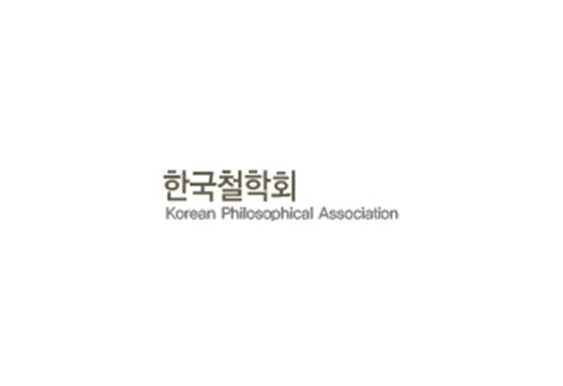플라톤과 아리스토텔레스에게서 연민(eleos)과 부정의(adikia)의 상관성 문제
The problem of the correlation between pity and injustice in Plato and Aristotle
손병석
고려대학교
철학
2024, vol., no.158, pp. 47-70 (24 pages)
10.18694/KJP.2024.2.158.47
한국철학회
초록
이 글은 플라톤과 아리스토텔레스의 연민(eleos)과 부정의(adikia)의 상관관계에 대한 견해를 비교하여 고찰한다. 특히 부정의한 행위의 비자발성 논제에 관한 두 철학자의 상반된 견해를 검토한다. 먼저 부정의한 자의 행위를 비자발적인 것으로 보면서 그에 대한 연민을 주장하는 플라톤의 견해를 검토한다. 그래서 부정의한 행위가 비자발적인 것으로 간주되는 근본적인 원인이 무교육(amathia)에 의한 무지(agnoia)에 있음을 밝힌다. 다음으로 아리스토텔레스의 부정의한 자의 행위에 대한 연민을 부정하는 이유를 살펴본다. 특히 부정의한 자의 품성의 비자발성의 근거로 제시되는 플라톤의 무교육 주장에 대해 아리스토텔레스적인 답변이 어떻게 가능한지를 어린아이의 초기교육과 성인의 교육단계에 초점을 맞추어 고찰한다.
This article compares and examines Plato’s and Aristotle’s views on the correlation between pity(eleos) and injustice(adikia). In particular, it examinines the two philosophers’ opposing views on the involuntary thesis of unjust act. First, we examine Plato’s view that the actions of the unjust are involuntary and argue for pity for them. Thus, we reveal that the root cause of unjust acts that are considered involuntary lies in ignorance(agnoia) due to uneducation(amathia). Next, we look at the reasons for denying Aristotle’s pity for the actions of the unjust. In particular, we focus on how an Aristotelian response to Plato’s claim of uneducation as the basis for the involuntariness of the character of the unjust is possible, focusing on the early education of children and the educational stage of adults.

